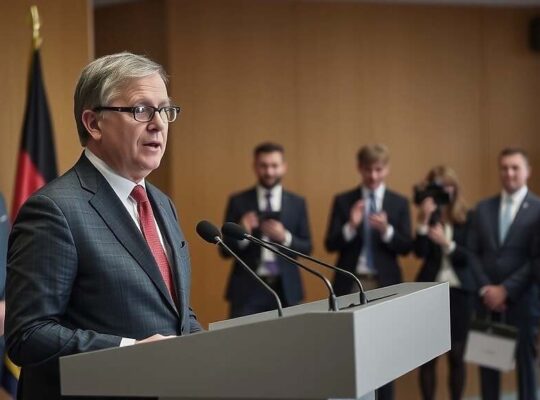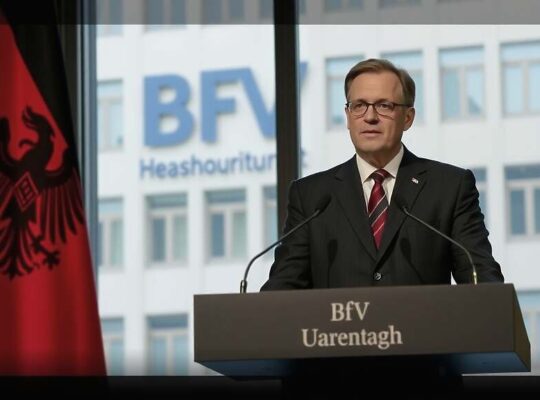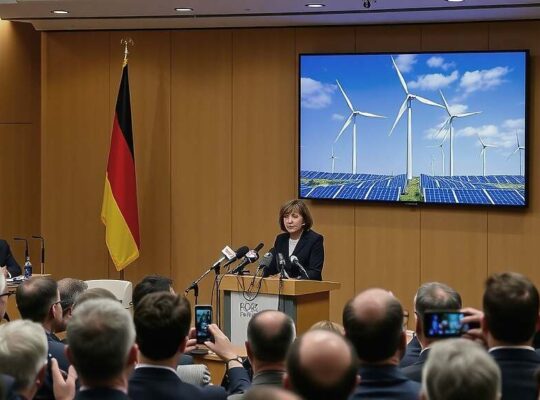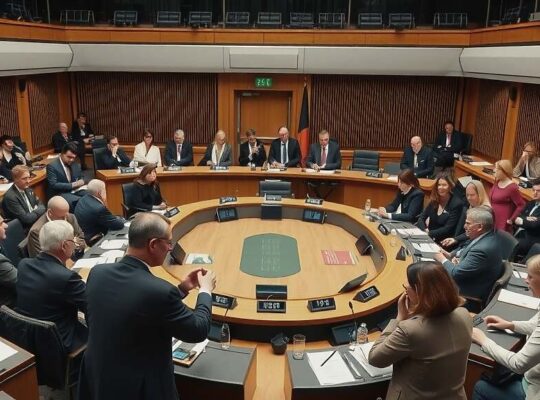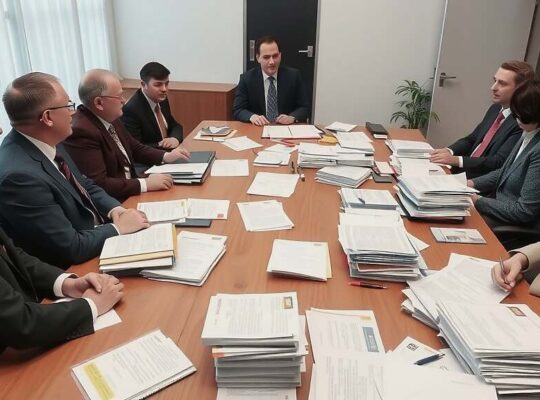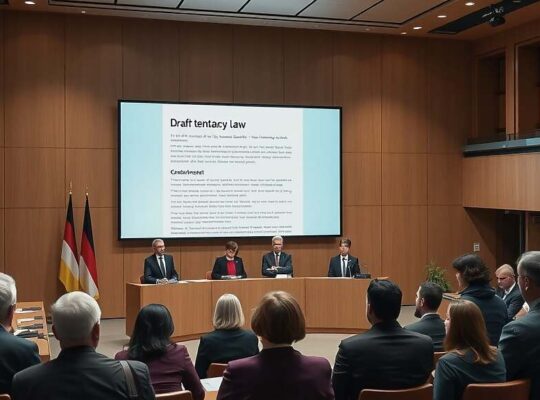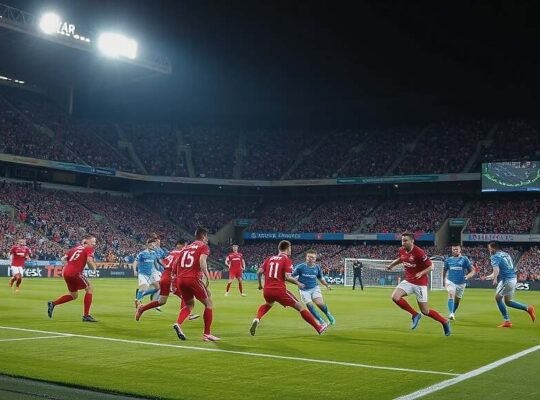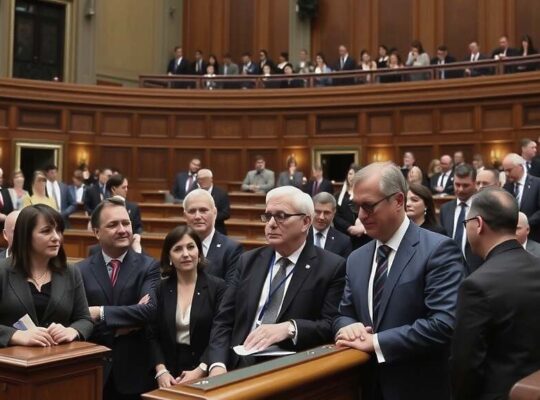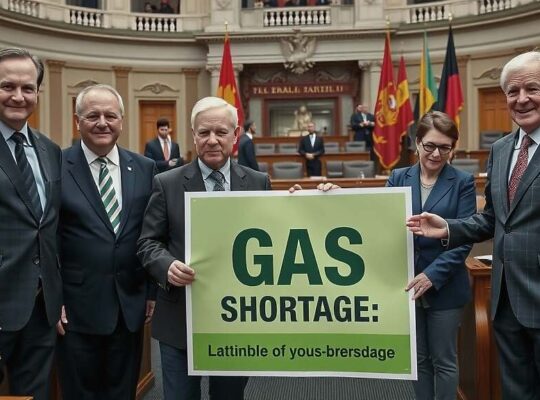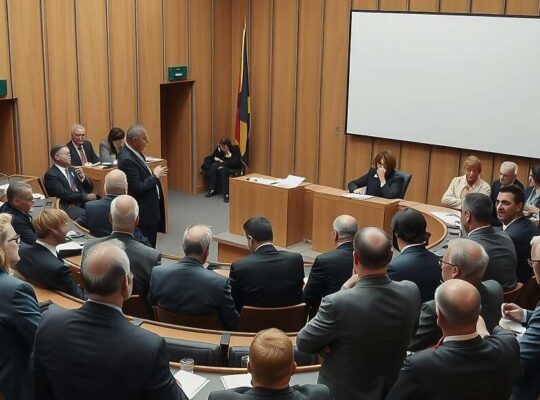The German opposition conservative politician, Roderich Kiesewetter, has publicly voiced understanding for the decisions by Italy and Poland to halt the extradition of individuals suspected of involvement in the Nord Stream pipeline explosions to Germany. In an interview with the Handelsblatt, Kiesewetter sharply criticized Germany’s historical handling of the Nord Stream project, arguing that its construction constituted “a burden on relations with our allies.
Kiesewetter asserted that Germany’s actions regarding Nord Stream failed to adequately consider the geopolitical ramifications, effectively allowing Russia to wield the pipelines as a tool of political leverage. He regretted that the infrastructure was ever built and called for a greater degree of humility within German foreign policy, particularly in its relationship with Poland, a nation bearing a uniquely vulnerable position regarding Russian aggression.
Beyond expressing solidarity with Italy and Poland’s stance, the CDU politician delivered a broader critique, demanding a comprehensive reckoning with past German policies toward Russia. He specifically urged an investigation into potential Russian influence across various sectors – politics, the economy, media and academia – arguing that a demonstrable commitment to transparency would be instrumental in rebuilding trust among Germany’s partners.
The escalating diplomatic tensions have also fueled debate regarding the ongoing German investigations into the Nord Stream incidents. Kiesewetter suggested a potential need for the Federal Public Prosecutor’s Office to consider dismissing charges due to a lack of viable evidence, further raising the possibility that the investigations may be predicated on a deliberate “false-flag operation” designed to misdirect investigators. He argued that the inability to effectively pursue the investigation necessitates a reassessment of its continued viability.



